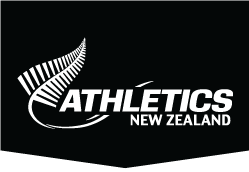World Cross Country Championships Men’s Team
New Zealand athletics has historically punched above its weight and boasts a long and rich history in the sport.
Yet, in a collective sense, nothing can match the glory of the triumphant 1975 World Cross Country Championships men’s team, who slayed the might of England, France, Belgium and Spain to stand top of the pile in a competition then regarded as the world’s pre-eminent endurance event.
At that time, New Zealand was riding high on the back of the revolutionary ‘Lydiard philosophy’ of high mileage training, which had helped usher in a period of sustained excellence led by Sir Murray Halberg and Sir Peter Snell in the 1960s and later picked up by the next generation led by Sir John Walker, Dick Quax and Rod Dixon in the 1970s.
On the back of this, New Zealand had for some time been knocking on the door of winning men’s team gold at the annual global cross country event.
At the International Cross Country Championships of 1965 and 1967 – the ...

